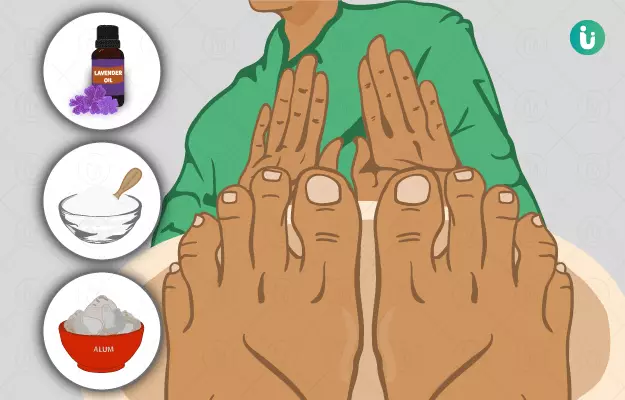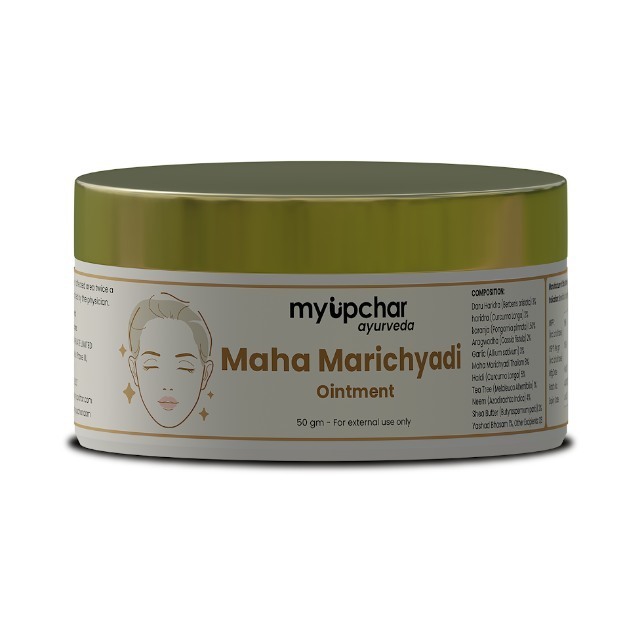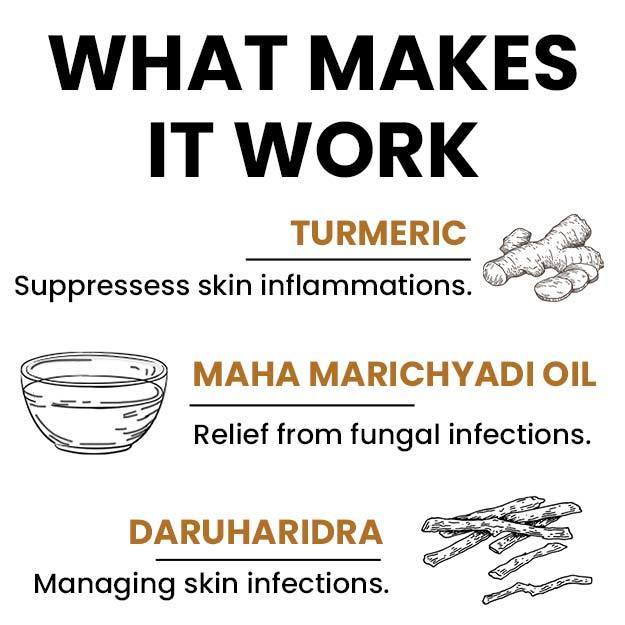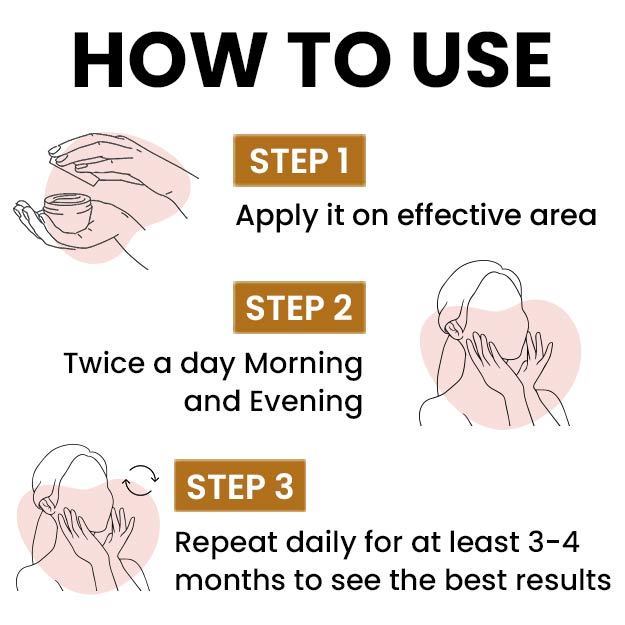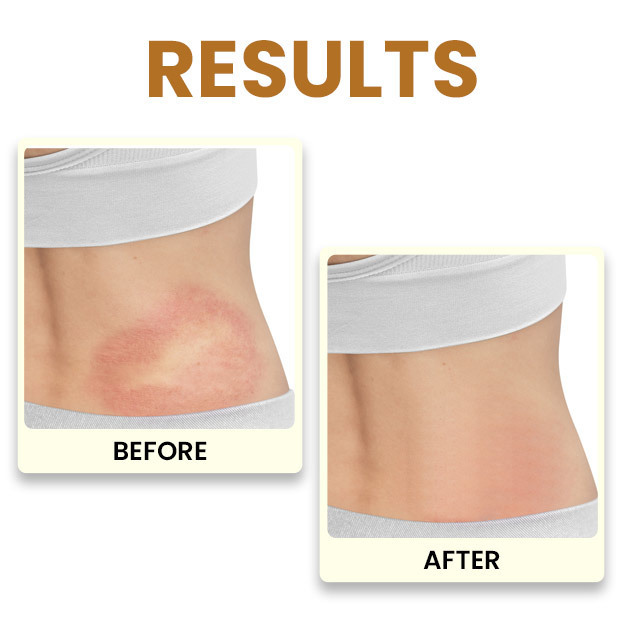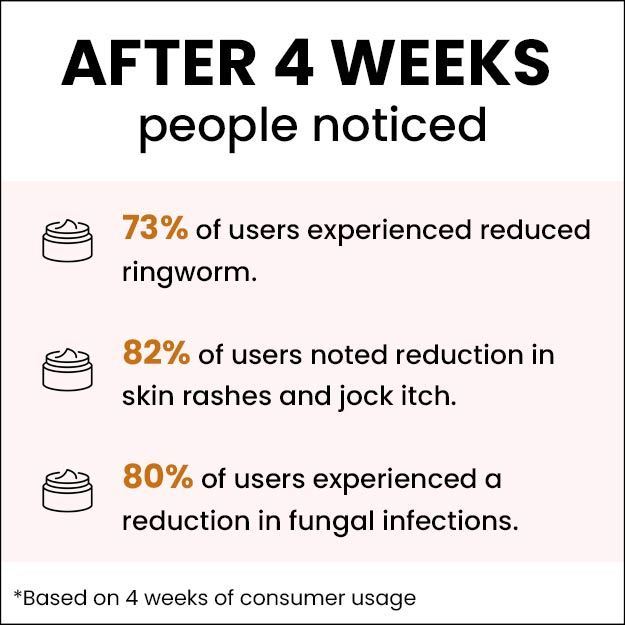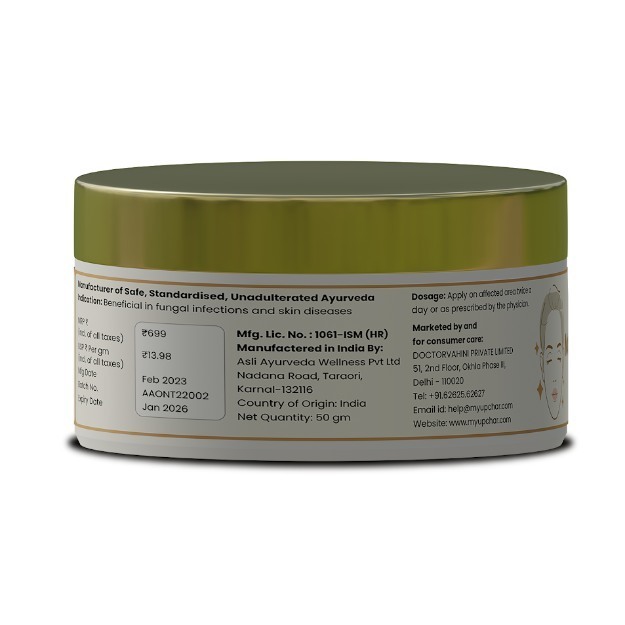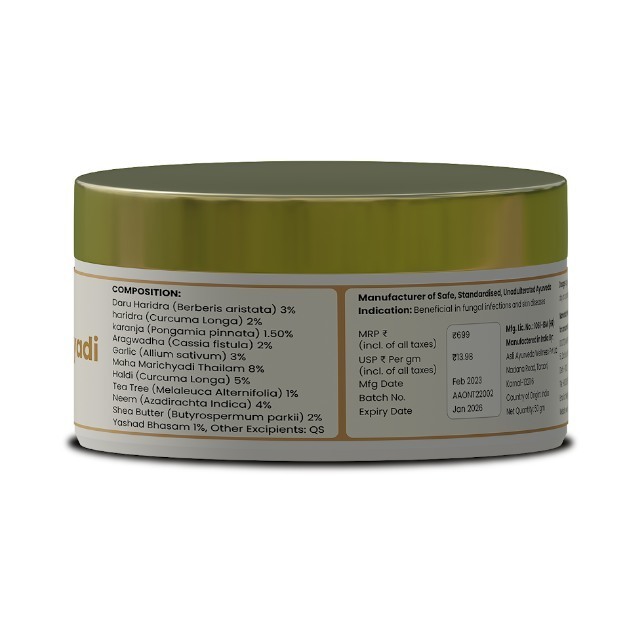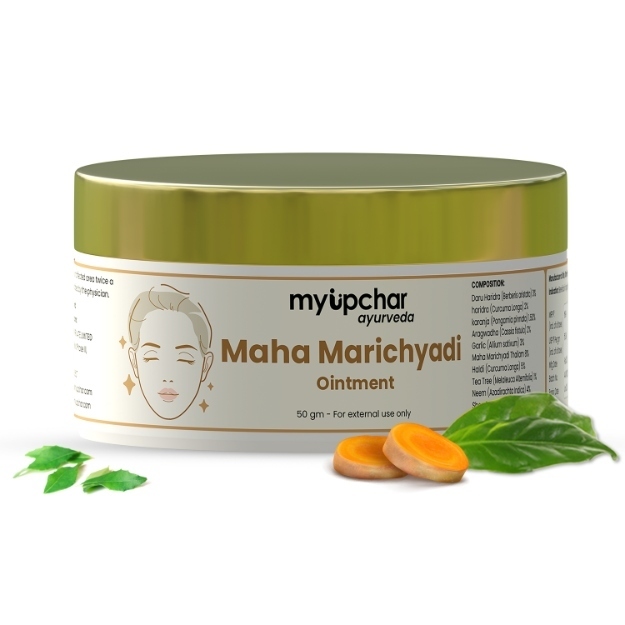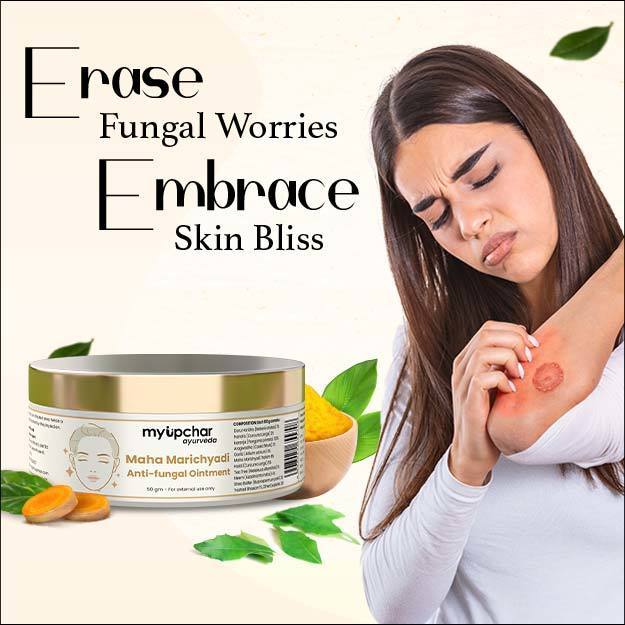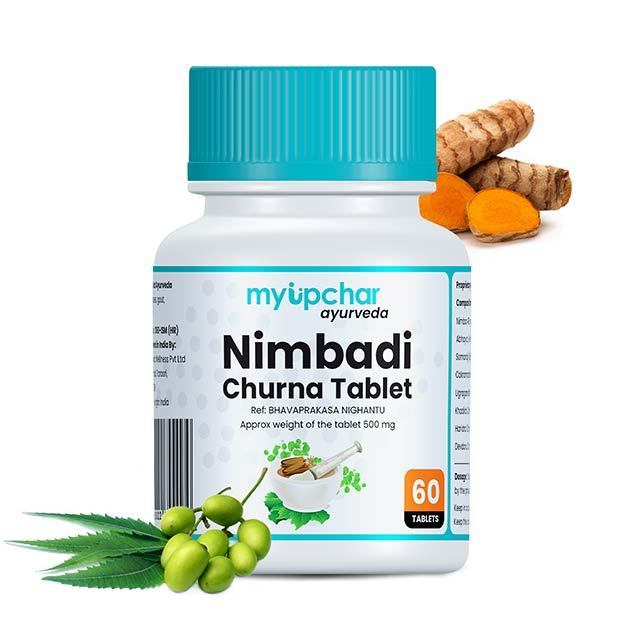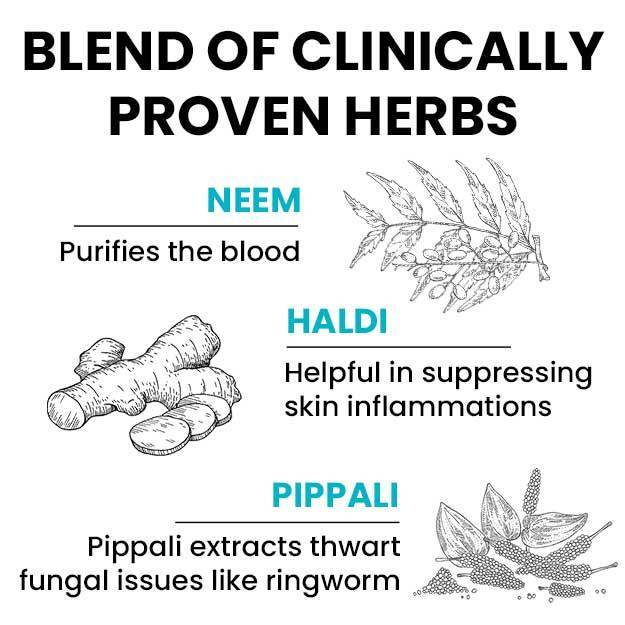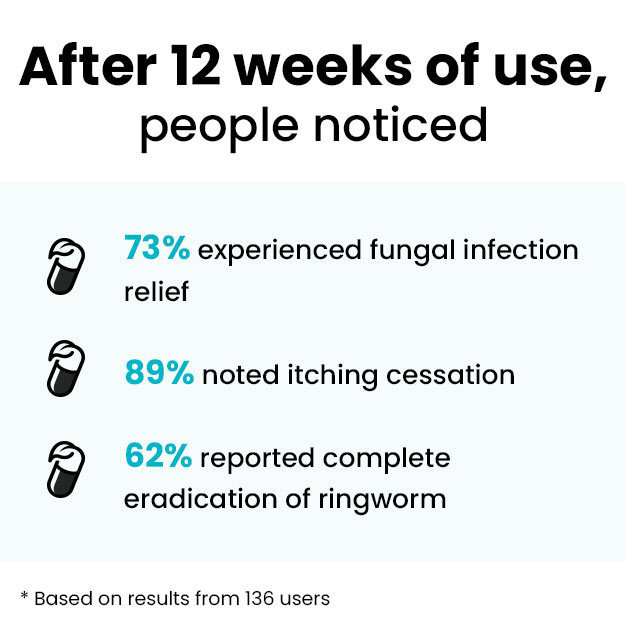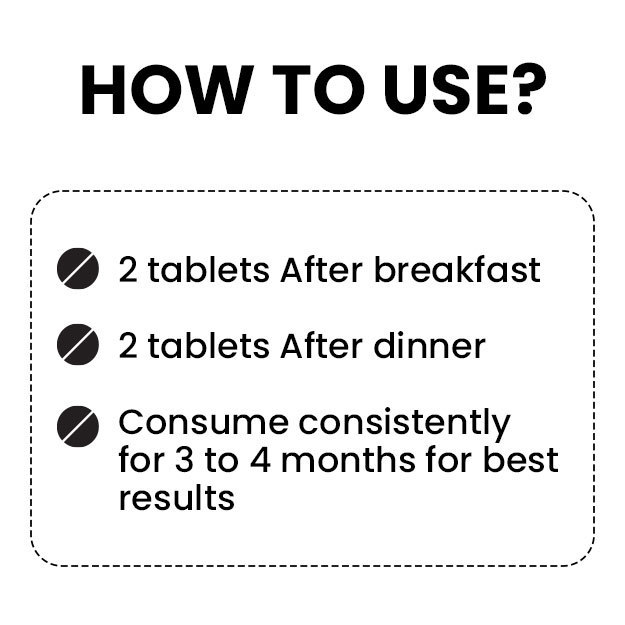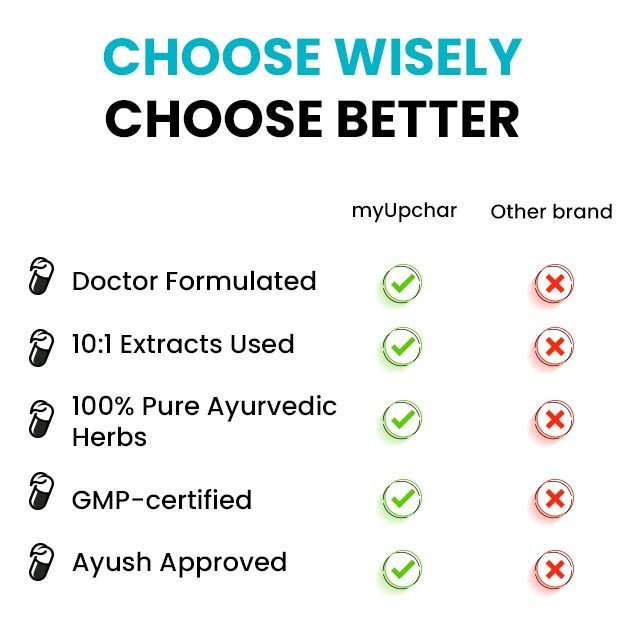Foot odour can be really embarrassing, especially when you need to take your shoes off in public. But you do not need to worry. Getting rid of foot odour is not that difficult. You just need to make some small changes in your life and take a little more care of your feet.
Wash, scrub, repeat
Simple as it sounds, cleaning your feet with soap and water removes sweat, dirt and germs. And a fresh foot is least likely to smell. Washing your feet, especially after returning from work or at the end of the day, also relaxes you.
- Clean your feet with soap and water - warm water is better than cold water. Remember to clean your nails and between toes
- Scrub with a brush, pumice stone or mild exfoliant to get rid of dead skin
- Make a habit of washing your feet at the end of the day - especially if you have been wearing shoes or pumps all day. Even in winter months
Medicated soaps and foot sprays
While regular washing should take care of most bacteria, you can also buy medicated soaps and foot sprays from your local pharmacy. These soaps and sprays are made to kill bacteria and wash off excess chemicals like the odour-causing exoenzymes. Make sure you ask your dermatologist to know which soap or spray is best-suited to your skin.
If excessive sweating is the problem, you can opt for an aluminium chloride solution. This solution has been scientifically proven to reduce skin pores and hence control hyperhidrosis of feet, ultimately getting rid of smelly feet. It is available in the form of both ointments and sprays in the market,
Wear the right footwear
Design and trends aside, there are a few things to keep in mind while shopping for footwear:
- Make sure that your shoes, especially closed shoes such as Oxfords and pumps, fit you well. Shoes that are too tight cut off the airflow to your feet, causing you to sweat more. Tight, closed shoes also don’t allow the sweat to evaporate, giving the naturally occurring bacteria on our feet more time to cause a stink
- The material of footwear also plays a crucial role in feet health and odour. It is important to choose footwear made of a material that is absorbent and allows air passage. Hence, shoes made with very thick fabrics, plastics and synthetic materials are not recommended
Clean and maintain your footwear
Washing your feet is not enough. Our shoes gather germs, dirt and dried sweat particles over time. And this can lead to stinky feet.
- Make a habit of washing your footwear regularly. Depending on the material, wash them with mild detergent and water or give them for dry-cleaning. Afterwards, spray them with a mild mix of apple cider vinegar and water, and leave them out to dry in the sun
- Make sure your shoes are completely dry before you wear them again. Any residual moisture in shoes can promote bacterial and fungal growth and lead to even worse odour
- Washing shoes daily is not possible, so wash them weekly and wear freshly washed socks daily
- Try wearing different shoes each day. This will give your shoes time to dry before you wear them again. Try wiping the shoes with a soft cloth when you take them off, to remove some of the dirt and sweat immediately. You can also alternate between wearing shoes and open sandals - this also allows your feet to relax.
- Another easy way to refresh a well-loved pair of shoes is to put in fresh insoles. Do it yourself, or ask your friendly neighbourhood cobbler to do it for you
Fresh, dry socks
Your socks are just as important as your footwear, and a lot easier to wash and dry - even in the monsoons. Nowadays there are many brands that make quirky, interesting socks. Try buying different kinds, for variety as well as dry and odourless feet.
- Wear socks made with materials like cotton and bamboo that allow air passage
- Your socks should be absorbent enough to wick away the sweat throughout the day
- Remember to wear a freshly washed pair of socks every day
Go Barefoot
Shoes protect our feet, but sometimes our feet need to relax. While you may have to wear shoes or close-toed sandals outdoors, try to leave your feet uncovered when you’re home. If you are uncomfortable walking barefoot, however, try wearing open chappals or flip-flops.

